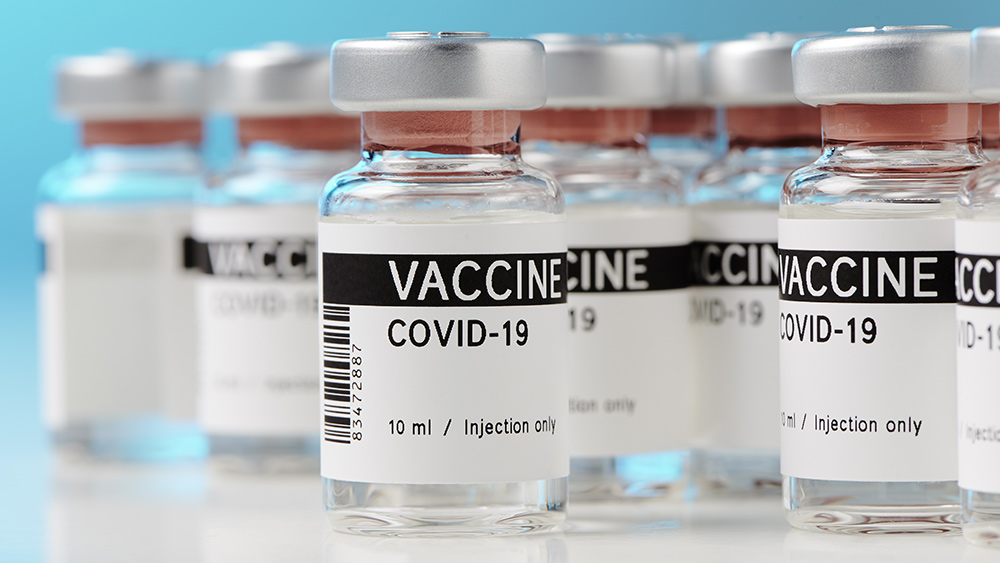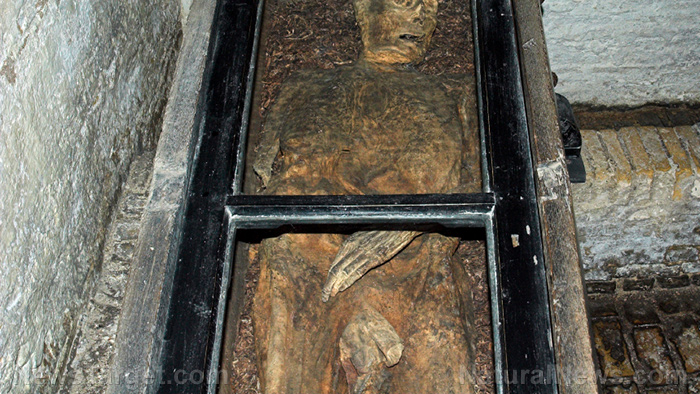
Scientists in Chile are warning that the COVID-19 vaccine developed by the Chinese company Sinovac offers “very weak“ protection against the virus until after the second dose. It is an important warning as the vaccine is being used widely in the developing world. Countries like Brazil, Colombia, Indonesia and Turkey are all currently rolling out the Sinovac vaccine.
In a study of 10.5 million people, researchers discovered that the vaccine is only 16 percent effective in protecting against the virus after one dose. Its efficacy only rises to 67 percent after the second dose.
It’s a lesson that Chile has learned the hard way after the country experienced a dramatic surge in cases despite carrying out one of the fastest vaccine rollouts seen in the world. In March, Chile was hit by a second wave of coronavirus as summer holidays came to a close in the Southern Hemisphere and more contagious variants of the virus discovered in Brazil and the UK began to circulate.
Bars, beaches and restaurants were crowded with people, many of whom were not wearing masks. Young people defied restrictions and held house parties, infecting their families. When theaters got back in full swing, the virus swept through one play and infected nearly every actor, killing two of them.
The Chilean capital of Santiago and many other areas of the country are currently under a strict lockdown, and they are registering approximately 7,000 new cases of COVID-19 every day as critical bed occupancy reaches 95 percent. Seventy percent of the country’s 19 million people are confined to home under the tighter measures, which saw them lose their right to go to supermarkets on weekends.
A false sense of security
Many believe that Chile's rapid vaccination program resulted in a false sense of security that prompted the country to ease some of its restrictions too soon as people underestimated the ongoing risk. In November, the country reopened its borders and allowed Chileans to go on summer holidays starting in January. A lack of strict controls on people entering the country and for contact tracing meant that travelers could have been picking up infections and bringing them to new areas. Meanwhile, the reopening of schools, gyms, restaurants and shops gave the virus plenty of opportunity to spread.
Chilean Society of Infectious Diseases Vice President Dr. Claudia Cortes told NBC News: “The government was overoptimistic, and there was a mishandling of information around the good initial rollout of vaccine."
She added: “It seems people got the impression everything is fine now, but there needs to be a clear message that the vaccines are just one part of combating the pandemic. It does not mean that we can forget the basics like social distancing and wearing masks."
Of all the vaccines currently being used around the world, Sinovac's is considered one of the poorest options with the least consistent results. In January, a Brazilian study indicated that its efficacy rate in preventing symptomatic illness was just 50.4 percent which is well below the 95 percent that has been reported for Pfizer's vaccine.
Concerns about the low protection offered by the Chinese vaccine, combined with supply shortages, have prompted Chile to shift its vaccination strategy toward giving people second doses while slowing its administration of new shots. Clinics around Santiago have been turning people away as their vaccine supplies dwindle. They aim to administer 760,000 second shots within the coming week.
Chilean Trade Vice Minister Rodrigo Yanez, who has been tasked with acquiring vaccines, told Reuters that the country’s speedy vaccination campaign made it an attractive place for vaccine makers to test their shots. In other words, the Chilean people are the subjects in a huge experiment, and many are paying with their lives. (Then again, so are Americans, Canadians and Europeans when it comes to experimental vaccines made by companies like AstraZeneca, Pfizer and Johnson & Johnson.)
Sources for this article include:
Please contact us for more information.




















